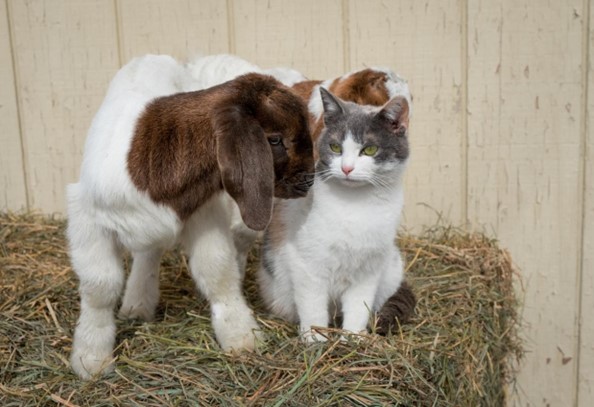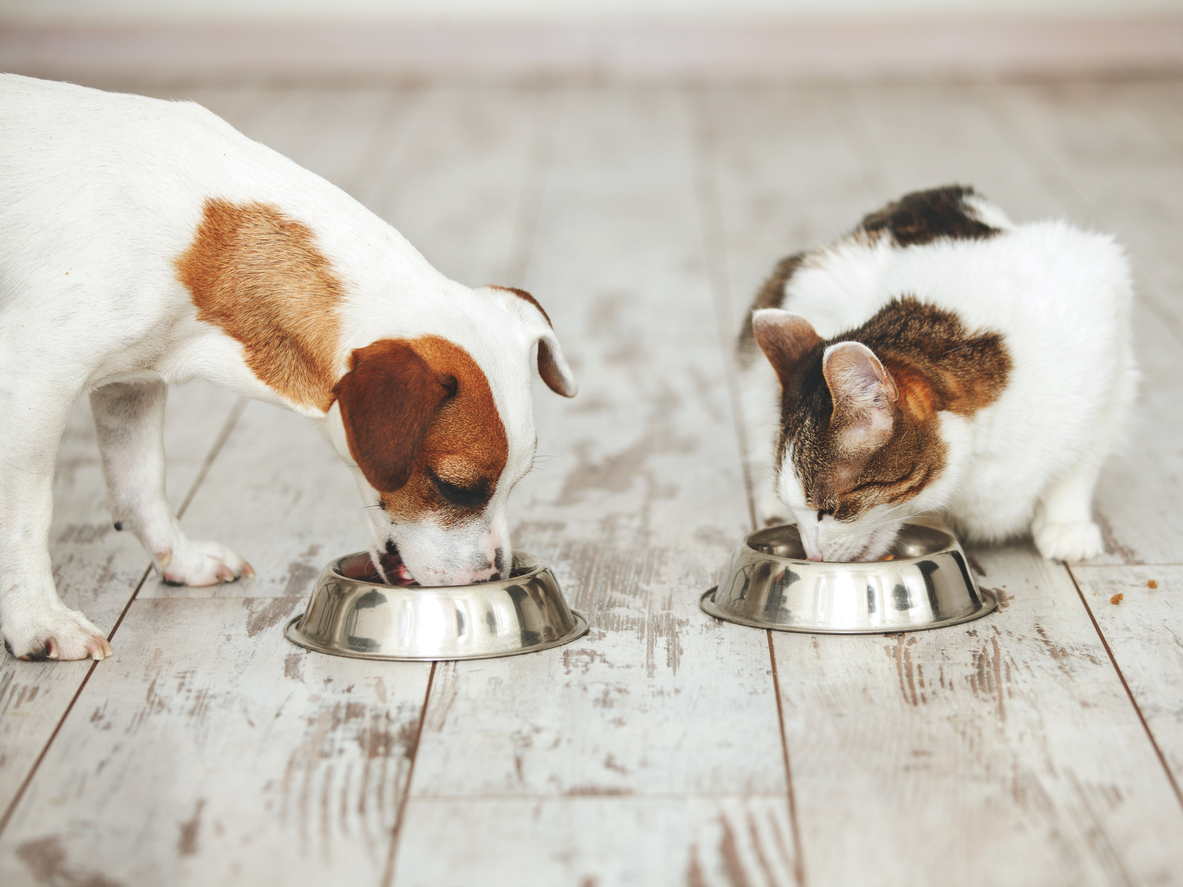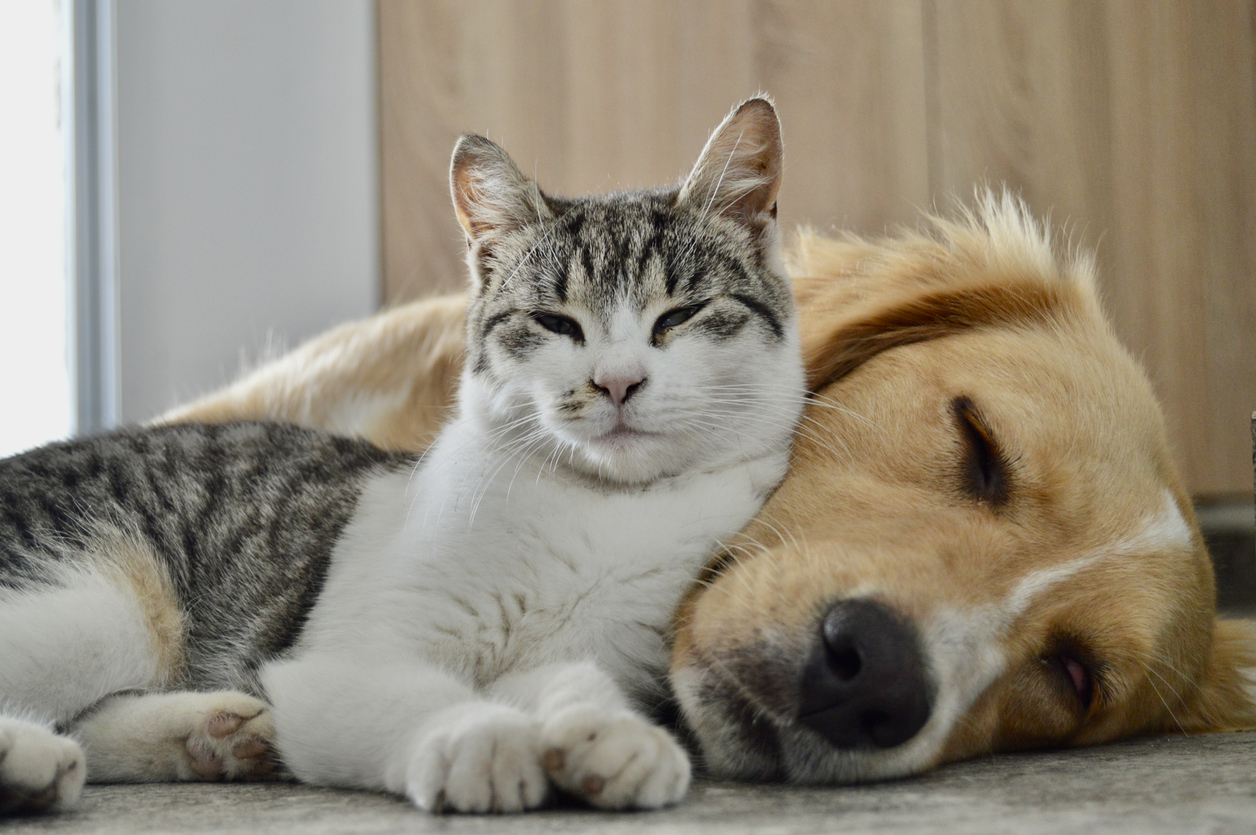Our pets and farm animals play important roles in our lives, providing companionship, comfort, and even working alongside us. Keeping them safe from harmful substances is essential to their well-being. At All Animal Veterinary Services in Modena, NY, we are dedicated to educating pet and livestock owners about poison prevention, from household and outdoor hazards to farm-related toxins, and providing expert care in case of emergencies.
Common Household Toxins
Your home or farm may contain everyday items that seriously threaten your pet’s and farm animals’ health. Be mindful of these common household toxins:
- Foods – Chocolate, caffeine, grapes, raisins, onions, garlic, xylitol (found in sugar-free products like gum, candy, and some peanut butter brands), and alcohol can be toxic to pets and small farm animals.
- Medications – Even small amounts of human medications, such as ibuprofen, acetaminophen, antidepressants, and prescription drugs, can be life-threatening to
- Household Cleaners – Bleach, disinfectants, and essential oils can be harmful if ingested or inhaled by animals.
- Plants – Lilies (toxic to cats), sago palms, oleander, and poinsettias are common plants that can be dangerous to pets and livestock.
Outdoor and Farm Toxins: Hidden Dangers in Your Yard and Pasture
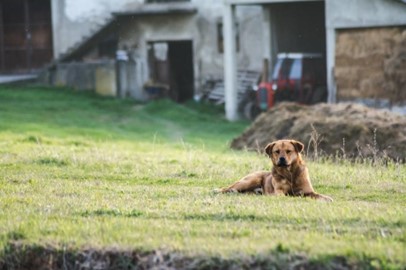
Pet poison prevention does not stop at your doorstep. Your yard, barn, hiking trails and pastures may harbor hidden dangers, including:
- Pesticides and Insecticides – Bug sprays, rodent poisons, and slug baits contain chemicals that can be fatal if Even indirect exposure can be dangerous.
- Weed Killers and Fertilizers – Herbicides like glyphosate can cause vomiting and diarrhea if ingested. Fertilizers may contain toxic ingredients such as iron or bone meal, which can harm pets and grazing animals.
- Antifreeze – One of the most dangerous outdoor toxins, even minute amounts of antifreeze (ethylene glycol) can cause kidney failure. Always clean up spills immediately.
- Toxic Mushrooms and Plants – Wild mushrooms and certain plants in your yard or pasture may poison pets and Remove unfamiliar vegetation as a precaution. Research plants before adding to your landscape or any aromatic plants you bring into your home.
- Moldy Feed and Contaminated Water – Spoiled hay, moldy grain, and stagnant water sources can contain harmful bacteria and mycotoxins, leading to severe illness in farm
- Standing Water and Blue-Green Algae – Stagnant water can harbor bacteria such as leptospirosis, which causes severe kidney and liver damage. Blue-green algae, often found in ponds and slow-moving streams, can be fatal if ingested or exposed to while
- Waste Items – lawn mower Hedge trimmings or oils from plants on machinery can also be toxic. Clipping may also include pieces of poisonous plants as well as any insecticides or fertilizers you may have applied.
Common Toxic Plants for Livestock:
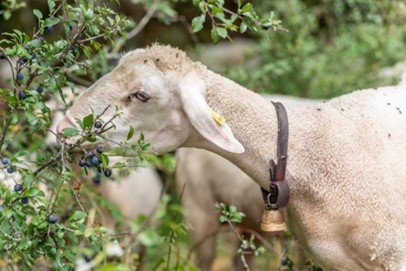
- Bracken Fern – Causes thiamine (Vitamin B1) deficiency, leading to neurological
- Buttercup – Contains a toxin that can cause mouth irritation and digestive
- Larkspur – Highly toxic, can cause paralysis and sudden
- Milkweed – Affects the heart and nervous system, potentially
- Nightshade (Deadly Nightshade, Black Nightshade, Bittersweet Nightshade) – Contains solanine, which can cause neurological and digestive problems.
- Poison Hemlock – Extremely toxic, affecting the nervous system, leading to respiratory
- Water Hemlock – One of the most poisonous plants to livestock, causing convulsions and death.
For a comprehensive list, visit Plants Poisonous to Livestock from Cornell University College of Agriculture and Life Sciences.
Signs of Poisoning in Pets and Farm Animals
Recognizing the early signs of poisoning can save your animal’s life. If your pet or farm animal encounters toxins, symptoms may include:
- Vomiting and diarrhea
- Excessive drooling
- Lethargy or weakness
- Loss of coordination
- Seizures or tremors
- Difficulty breathing
- Loss of appetite or sudden behavioral changes in livestock
If you notice any of these symptoms, seek emergency veterinary care immediately.
What to Do in a Poisoning Emergency
Stay Calm. Panicking will not help your pet. If you suspect poisoning, try to identify what your pet may have ingested and how much. Look for packaging, leftover substances, or evidence of chewing. Immediately call All Animals Veterinary Services (845-255-2900). If we are closed, call ASPCA Animal Poison Control Center (888-426-4435). Keep these numbers where you can easily find them in an emergency.
Steps for Pet Poison Prevention
To protect your pets and farm animals from accidental poisoning, follow these essential steps:
- Store Hazardous Items Securely – Keep cleaning products, medications, and toxic foods out of reach of all Put locks or safety latches on doors where you store hazardous materials to keep pets or livestock out.
- Be Aware of Outdoor and Farm Toxins – Avoid using toxic chemicals in your yard and pasture, and ensure your barn is free of hazardous substances like antifreeze and moldy
- Know What’s Safe for Your Animals – Research plants, foods, and essential oils before bringing them into your home, barn, or pasture.
- Supervise Outdoor and Barn Activities –While you cannot watch your livestock 24/7, you can reduce risks by regularly checking their grazing areas, securing feed storage, and removing toxic plants or hazardous substances from barns and pastures. Providing safe, controlled feeding areas and setting up fencing or barriers can help prevent access to dangerous materials. If you notice unusual behavior, such as decreased appetite or signs of distress, act quickly to identify potential poisoning sources.
- Dispose of Waste Carefully – Use secure trash cans and compost bins to prevent animals from getting into food scraps or dangerous materials.
Keeping Pets and Farm Animals Safe with All Animal Veterinary Services
At All Animal Veterinary Services in Modena, NY, we prioritize the safety and well-being of all animals, from beloved pets to hardworking farm animals. By staying informed and taking preventative measures, you can significantly reduce the risk of poisoning. Pet poison prevention is crucial for your animals’ long-term health and happiness. If you have any concerns about animal safety or require emergency care, do not hesitate to contact us. We provide expert guidance and top-quality care to keep all pets and livestock animals happy and healthy.
All Animal Veterinary Services
2264 NY-32
Modena, NY 12548 US State Rt 32 (845) 255-2900

